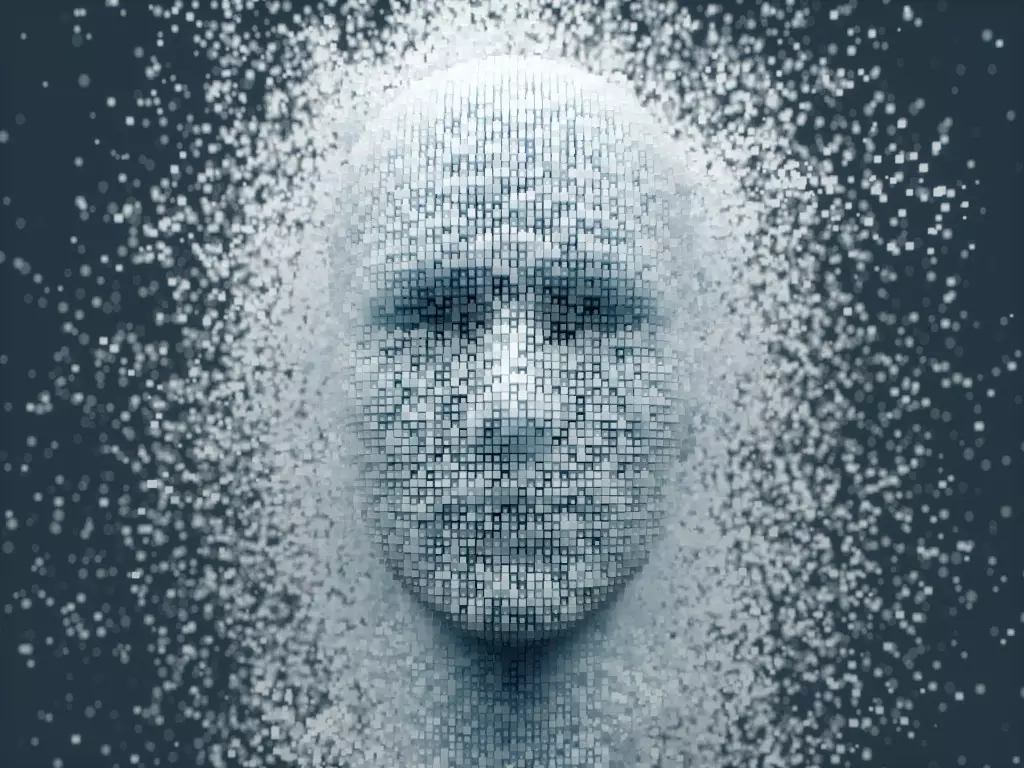In a rapidly evolving digital world, the intersection of artificial intelligence (AI) and the entertainment industry is becoming increasingly problematic. Recent revelations indicate that numerous actors in the UK have been subjected to digital scans without their explicit consent, raising critical questions about ethics and rights within creative professions. This troubling development highlights a pervasive issue: how performers’ likenesses, performances, and personal data are vulnerable to misuse in a landscape increasingly dominated by AI technologies. The British actors’ union, Equity, has taken a courageous stand, amplifying the concerns of nearly 1,500 signatures from industry professionals, including notable names like Tamsin Greig and Alan Davies. These artists are not just relinquishing their rights; they are standing against an encroaching machine that threatens to strip away their very essence.
The Negotiation Standoff
The plight of these actors comes to light as Equity heads into another round of negotiations with Pact, the producer trade body. With negotiations dragging on for over a year, it is evident that AI safeguards remain a significant sticking point, reflecting a broader hesitation to address the complexities inherent in AI integration within creative fields. Paul Fleming, General Secretary of Equity, has made it clear that the union is prepared for industrial action. Such a move underscores the gravity of the situation and speaks volumes about the urgent need for collective agreement on AI protections. One must question why protective measures are being sidelined in these discussions when the impact could reverberate through the entire industry, ultimately redefining the relationship between creators and technology.
Implications of Unregulated AI
At the heart of the debate lies a fundamental issue: the lack of transparency regarding the use and retention of personal data in the context of AI. Equity’s open letter voices a collective concern that resonates beyond the world of acting; it serves as a cross-industry warning about the possible overreach of technology in creative sectors. The specter of AI-produced performances raises unsettling questions about intellectual property, authenticity, and the core of artistic expression. For actors, the fear that their likenesses could be replicated without their consent for AI-generated content strips away the notion of agency in their careers. The erosion of trust may provoke a backlash that could destabilize the very foundations of artistic collaboration in entertainment.
Legislative Action: A Crucial Step Forward
Compounded by actions taken by major broadcasters like the BBC and ITV, which have so far refrained from including AI safeguards until negotiations with Pact reach a resolution, the situation reveals an urgent need for industry-wide clarity and legal framework. The UK government is contemplating laws that would require copyright holders to opt out of allowing their materials used for training AI models. Such legislative initiatives must tread cautiously, ensuring that protections are not only established but enforced, recognizing the rights of those who create the content.
Equity, utilizing U.S. SAG-AFTRA agreements as a guideline tailored to the unique landscape of UK performers, is striving to forge new paths. Their insistence on a “redline” for AI training is paramount; anything less undermines the fundamental rights of performers to control their craft and personal portrayal. This fight is not merely about contracts but rather about asserting the autonomy of creators in an age where technology strives to do the unthinkable: automate art.
A Call to Action for Awareness and Change
As an industry beset with tradition and innovation, the entertainment sector must rise to the occasion and acknowledge the pressing need for an ethical framework around AI. Actors and creative professionals must unite, raising awareness not only within their ranks but also among audiences who have a vested interest in the authenticity of the art they consume. The plea from Equity is a clarion call for solidarity, urging both industry stakeholders and consumers to engage in discussions surrounding the implications of AI.
The actions taken now will determine not only the future of performing arts in the UK but also set a precedent for how technology intersects with creativity globally. A thoughtful, robust approach is essential to ensure that the artistry remains human, grounded in emotion and personal expression, rather than reduced to mere algorithms. The survival of poignant storytelling—an art form rooted in human experience—depends on the choices made in the face of technological upheaval. The actors’ union understands this truth. Will the rest of the industry take heed?
